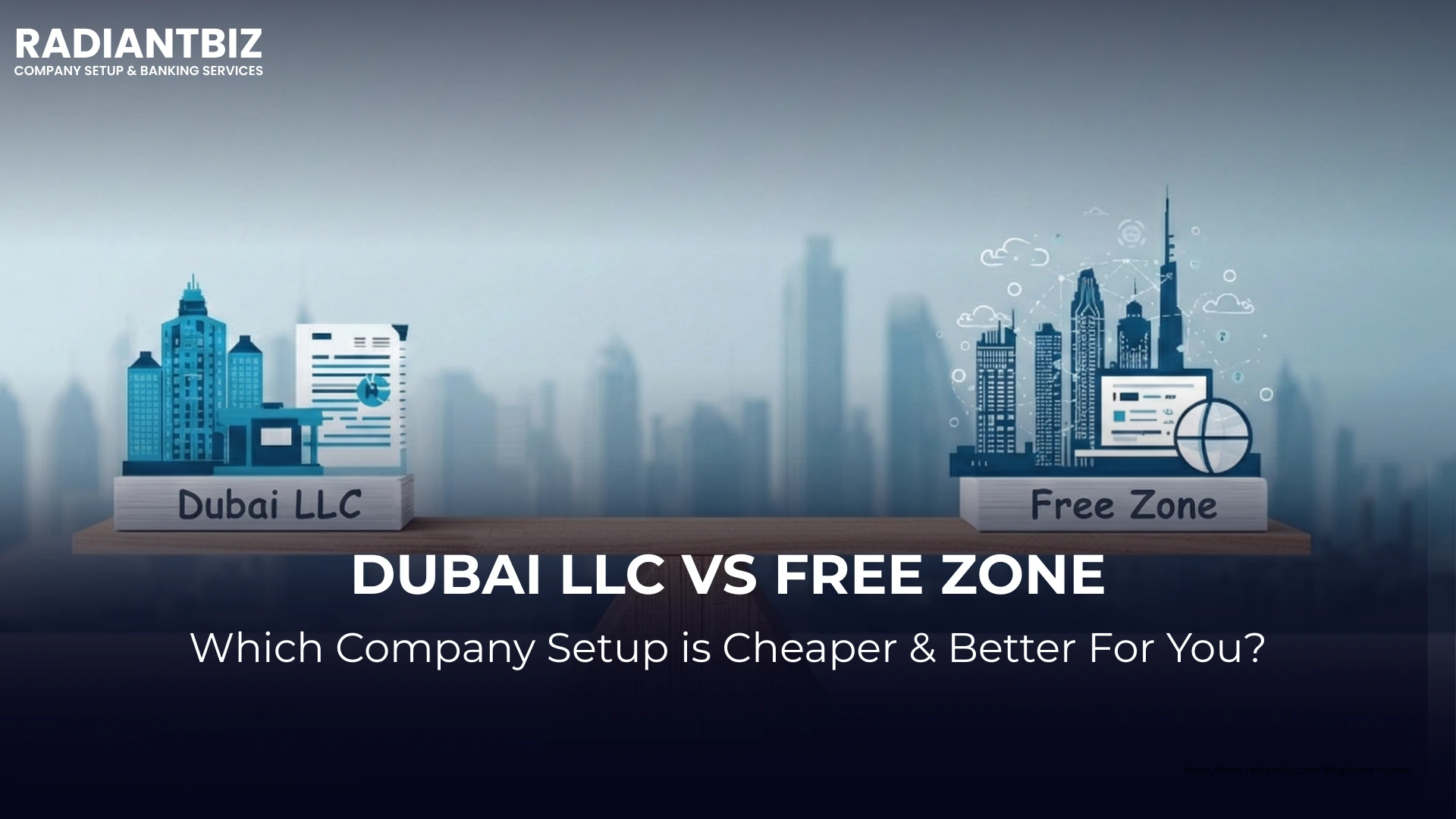How to Start a Startup in Dubai: A Comprehensive Guide


Table of Contents
Dubai has rapidly emerged as a global hub for innovation and entrepreneurship. With its strategic location, world-class infrastructure, and supportive government policies, it's no wonder that entrepreneurs from around the world are flocking to the city to start their businesses. If you're considering launching a startup in Dubai, this guide will walk you through the essential steps and considerations.
1. Research the Market
Before diving in, it's crucial to understand the market dynamics in Dubai. Conduct thorough market research to identify gaps, understand customer needs, and evaluate your competition. Consider the following:
- Target Audience: Who are your potential customers? What are their preferences and buying behaviors?
- Industry Trends: What are the current trends in your industry? Are there emerging opportunities or challenges?
- Competitor Analysis: Who are your main competitors? What are their strengths and weaknesses?
2. Choose the Right Business Structure
Dubai offers various business structures, each with its own set of advantages and legal requirements. The main types are:
- Free Zone Company: Ideal for businesses focused on export and international trade. You get 100% ownership, but you cannot trade directly in the UAE market without a local distributor.
- Mainland Company: This allows you to trade directly in the UAE market, but it requires a local partner who holds 51% of the shares.
- Offshore Company: Suitable for international business, but you cannot operate within the UAE.
Consider your business goals, industry, and target market when choosing the structure.
3. Select the Appropriate Free Zone
If you decide to go the Free Zone route, you'll need to choose the appropriate zone for your business. Dubai has over 30 free zones, each catering to different industries, such as:
- Dubai Internet City (DIC): For IT and tech startups.
- Dubai Media City (DMC): For media and creative agencies.
- Dubai Healthcare City (DHCC): For healthcare startups.
Each free zone offers different benefits, such as tax exemptions, repatriation of profits, and no import/export duties.
4. Legal Requirements and Licensing
To legally operate your startup, you'll need to obtain the necessary licenses. The type of license depends on your business activity:
- Commercial License: For trading activities.
- Professional License: For service-oriented businesses.
- Industrial License: For manufacturing and industrial activities.
Additionally, ensure compliance with local laws, such as the Dubai Economic Department (DED) regulations for mainland companies.
5. Secure Funding
Startups require capital, and Dubai offers various funding options:
- Venture Capital (VC): Dubai has a growing VC community interested in innovative startups.
- Angel Investors: Individual investors who provide capital for startups in exchange for equity.
- Government Grants and Programs: Dubai's government offers several initiatives, such as Dubai Future Accelerators and Dubai SME, to support startups.
Prepare a solid business plan and pitch to attract investors.
6. Set Up Your Office
Dubai offers flexible office solutions to suit different business needs:
- Serviced Offices: Fully furnished and equipped offices with short-term leases.
- Co-working Spaces: Ideal for startups, offering networking opportunities and a collaborative environment.
- Virtual Offices: For startups that don't require a physical presence but need a business address.
Choose an office solution that aligns with your business operations and budget.
7. Build a Strong Online Presence
In Dubai's digital-first economy, having a strong online presence is crucial for success:
- Website: Create a professional, user-friendly website that reflects your brand and provides essential information.
- Social Media: Leverage platforms like Instagram, LinkedIn, and Facebook to reach your target audience.
- SEO and Digital Marketing: Invest in SEO and digital marketing strategies to increase your online visibility and attract customers.
8. Network and Collaborate
Dubai's business ecosystem thrives on networking and collaboration. Attend industry events, join business associations, and connect with other entrepreneurs. This will help you build relationships, gain insights, and discover new opportunities.
9. Understand Taxation and Financial Management
While Dubai offers a tax-free environment for most businesses, it's essential to understand the financial regulations and manage your finances effectively:
- Corporate Tax: Currently, there is no corporate tax for most businesses, but this may change in the future.
- VAT: Value Added Tax (VAT) is applicable at 5% on goods and services. Ensure proper VAT enrollment and compliance.
- Bookkeeping: Maintain accurate financial records and consider hiring a professional accountant.
10. Focus on Growth and Scalability
Once your startup is up and running, focus on growth and scalability:
- Expand Your Market: Consider expanding your business to other markets within the UAE or internationally.
- Innovate: Continuously innovate your products or services to stay ahead of the competition.
- Customer Feedback: Regularly gather customer feedback and make improvements to enhance customer satisfaction.
Conclusion
Starting a startup in Dubai offers immense opportunities, but it requires careful planning, research, and execution. By following these steps and staying informed about the local business environment, you can successfully launch and grow your startup in this dynamic city.
FAQs
1. What is the minimum capital required to start a business in Dubai?
The minimum capital requirement varies depending on the type of business and jurisdiction. Some free zones have no minimum capital requirement, while others may require a specific amount.
2. Can a foreigner own 100% of a business in Dubai?
Yes, in certain free zones, foreigners can own 100% of their business. However, for mainland companies, a local partner holding 51% of the shares is typically required.
3. How long does it take to establish a business in Dubai?
The process usually takes between 1 to 4 weeks, depending on the business structure, license type, and jurisdiction.
4. Do I need a local sponsor for a free zone company?
No, free zone companies do not require a local sponsor. You can have full ownership of your business.
5. Are there any government incentives for startups in Dubai?
Yes, Dubai offers various incentives, including grants, mentorship programs, and networking opportunities through government initiatives like Dubai Future Accelerators and Dubai SME.



2.png)




.avif)